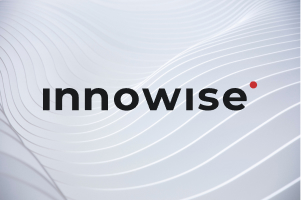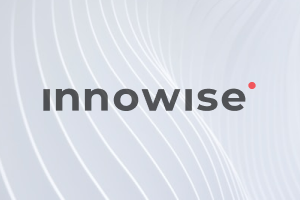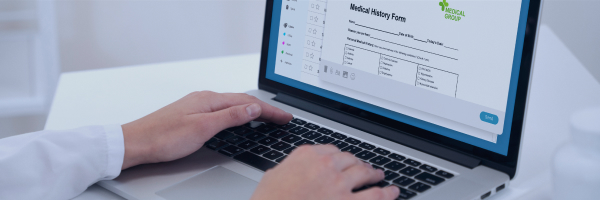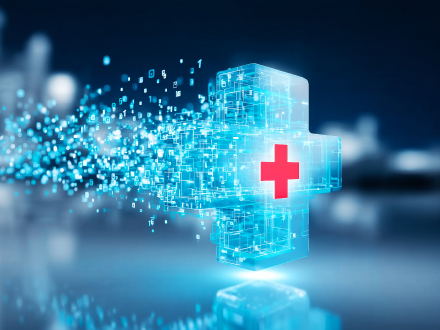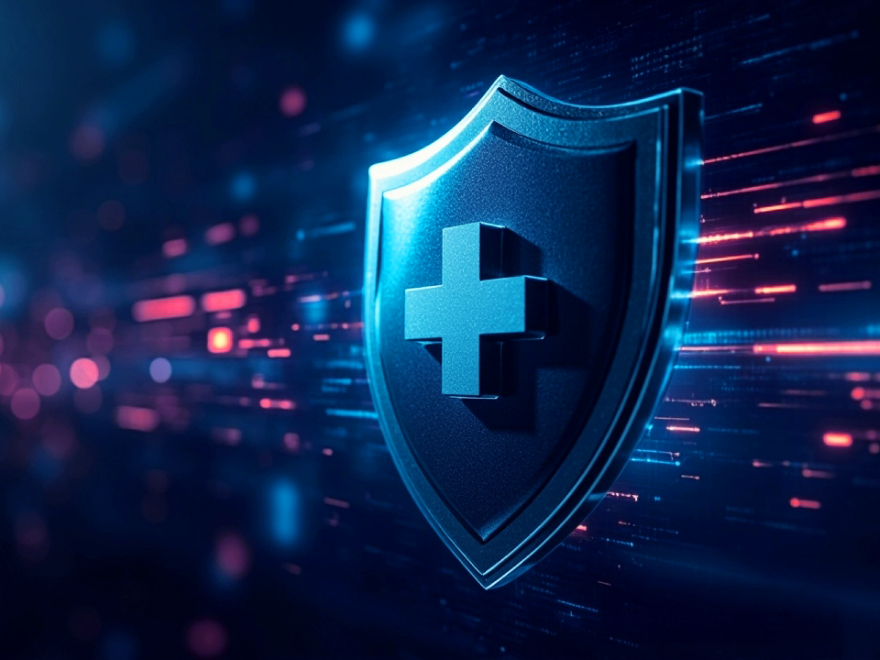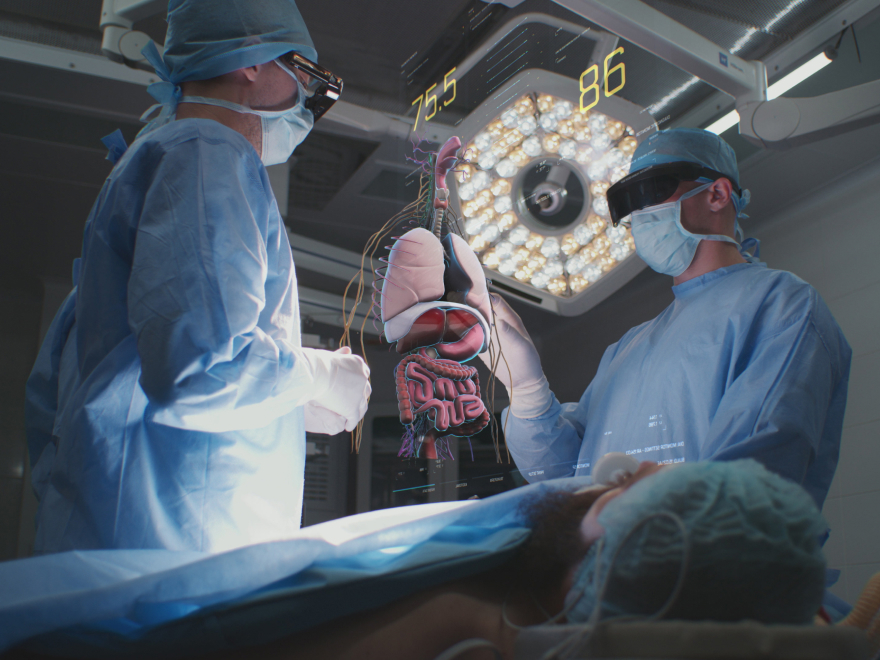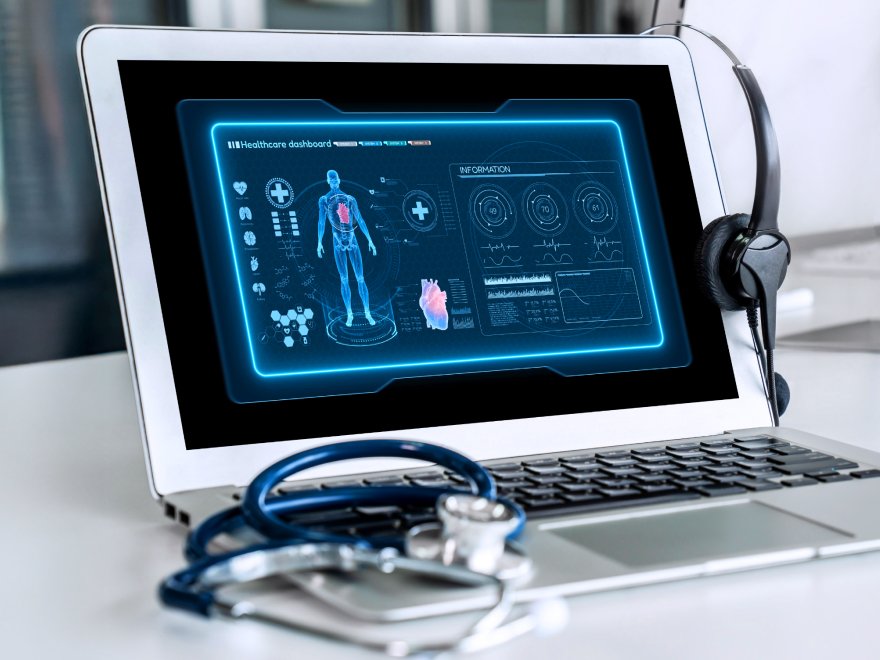- Patientendatenmanagement
- Patientenbeziehungsmanagement
- Dokumentenmanagement
- Aufgabenmanagement und Zusammenarbeit
- Vertriebs- und Marketingautomatisierung
- Berichterstellung und Analyse
- Patienten-Self-Service-Portal
- Integration mit ePA-Systemen
Patientendatenmanagement
Jedes CRM-System verfügt über eine zentrale Schnittstelle, an der alle patientenbezogenen Daten zusammenlaufen– von der Krankengeschichte und Testergebnissen bis hin zu vereinbarten Terminen und Support-Chat-Anfragen. Dank des Zugriffs auf umfassende Krankenakten und Interaktionsverläufe können Gesundheitsdienstleister und medizinische Koordinatoren präzise Entscheidungen treffen und Patientenanfragen schneller bearbeiten.
Patientenbeziehungsmanagement
Das zentrale Element des CRM-Systems im Gesundheitswesen ist das Beziehungsmanagement. Es unterstützt die Interaktion zwischen Anbietern und Patienten, beantwortet Anfragen, plant Folgetermine und personalisiert die Kommunikation basierend auf Patientenpräferenzen und Krankengeschichten. Diese Aufmerksamkeit stärkt die Patientenbindung und optimiert die Versorgung.
Dokumentenmanagement
Durch die Organisation von Patientendokumenten in einem zentralen digitalen Archiv stellt das Dokumentenmanagement sicher, dass alle relevanten Informationen für medizinisches Fachpersonal leicht zugänglich sind. Es unterstützt außerdem die Kontrolle von Dokumentversionen und den Austausch von Krankenakten, Einverständniserklärungen, Versicherungsansprüchen und anderen wichtigen Dokumenten.
Aufgabenmanagement und Zusammenarbeit
Mit CRM können medizinische Teams laufende Aufgaben leichter im Auge behalten und im Patientenmanagement in Kontakt bleiben. Mitarbeiter können den Aufgabenfortschritt einfach verfolgen, Zeitpläne synchronisieren und Patienteninformationen in Echtzeit abrufen. So behalten die Teams den Überblick über das Wesentliche, ohne den Stress, Patientenversorgung und Verwaltungsaufgaben unter einen Hut bringen zu müssen.
Vertriebs- und Marketingautomatisierung
Mit CRM-Vertriebs- und Marketingtools können Gesundheitsdienstleister E-Mail-Kampagnen automatisieren , um potenzielle Patienten zu identifizieren, zu pflegen und bestehende Patienten zu binden. Die Entwicklung maßgeschneiderter Kommunikationsstrategien für verschiedene Zielgruppen und der Versand gezielter Sofortnachrichten direkt aus dem CRM-System halten die Patienten engagiert und informiert.
Berichterstellung und Analyse
CRM-Berichts- und Analysetools bieten Teams Echtzeit-Einblicke in Patientendaten, Trends und Betriebsabläufe. Diese Tools wandeln Daten zu Patientendemografie, Behandlung, Engagement und Praxisleistungskennzahlen in übersichtliche, umsetzbare Informationen um und ermöglichen so eine effizientere und reaktionsschnellere Versorgung.
Patienten-Self-Service-Portal
Patienten können über ein Self-Service-Portal auf ihre Gesundheitsinformationen zugreifen, Termine vereinbaren, Rezepte nachbestellen und mit ihren Leistungserbringern kommunizieren. Dies ermöglicht Patienten eine aktivere Rolle in ihrer Versorgung und vereinfacht die Verwaltungsaufgaben für Gesundheitsdienstleister, wodurch die Gesamteffizienz gesteigert wird.
Integration mit ePA-Systemen
Die Verbindung des CRM-Systems mit dem ePA-System gewährleistet einen nahtlosen Datenfluss zwischen verschiedenen Plattformen..
Es ermöglicht Gesundheitsdienstleistern, Patientenakten, Laborergebnisse und Behandlungsverläufe einzusehen, ohne das System wechseln zu müssen. Dies führt zu schnelleren Entscheidungen und verringert das Fehlerrisiko aufgrund fragmentierter Daten.
